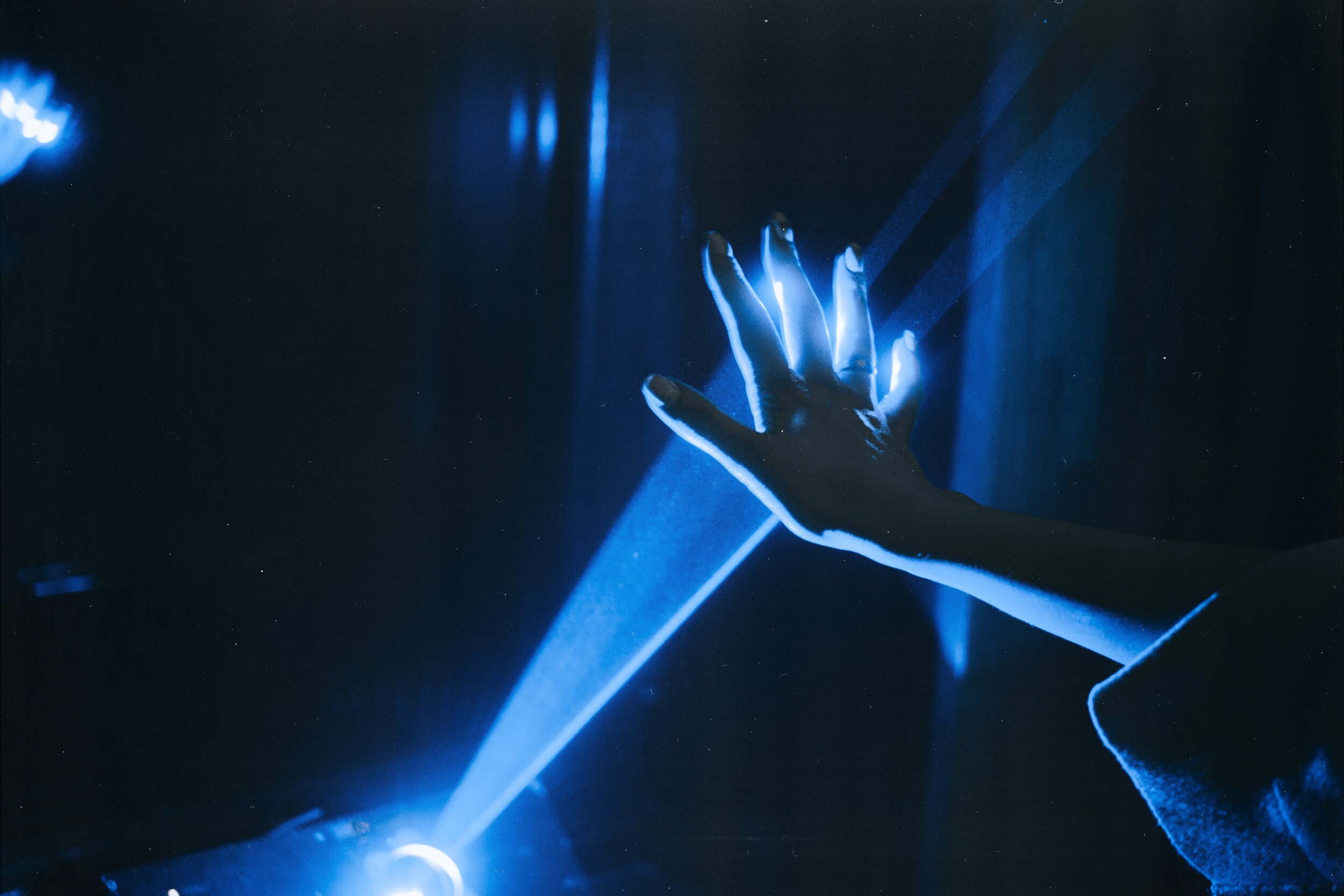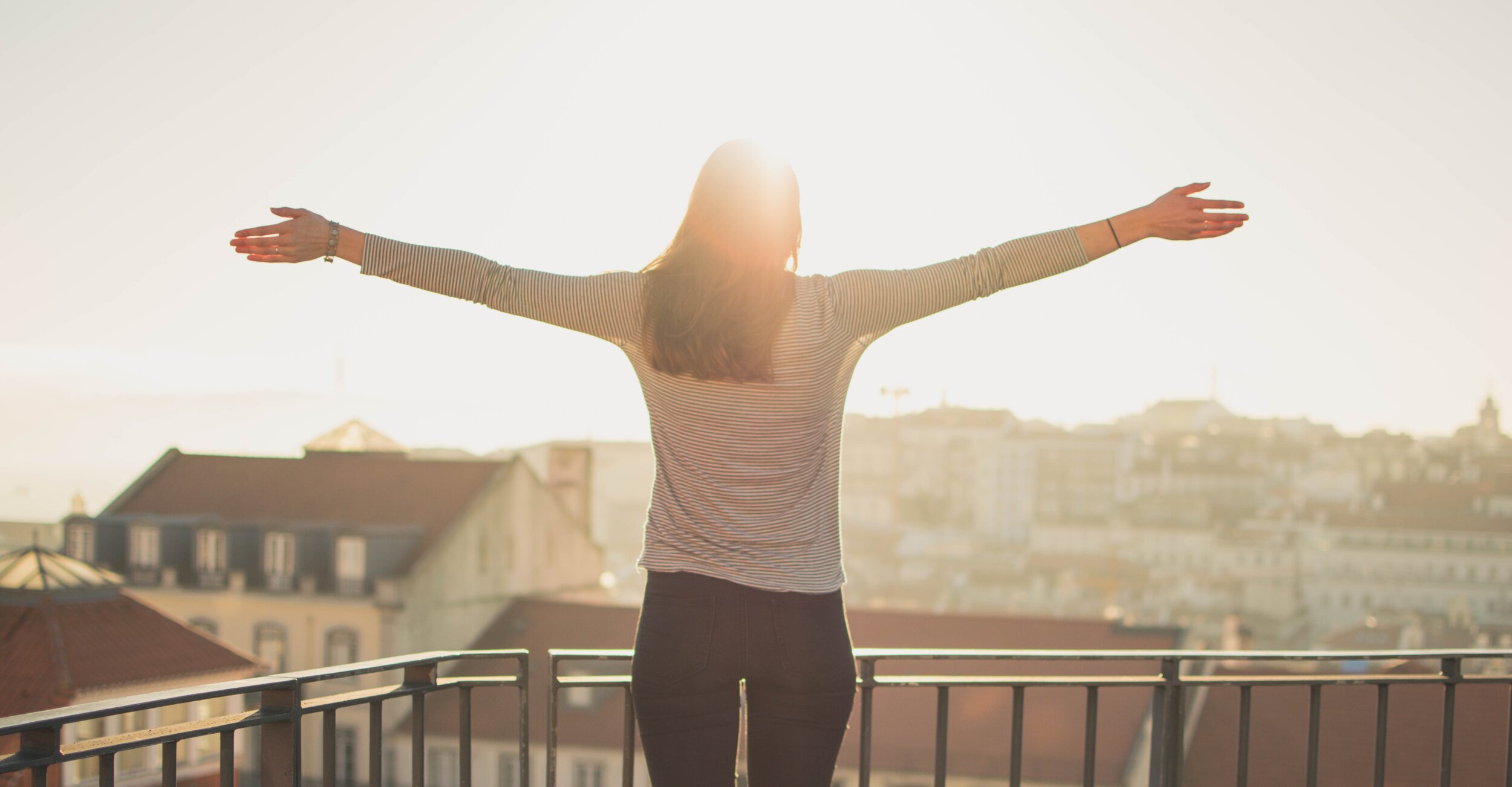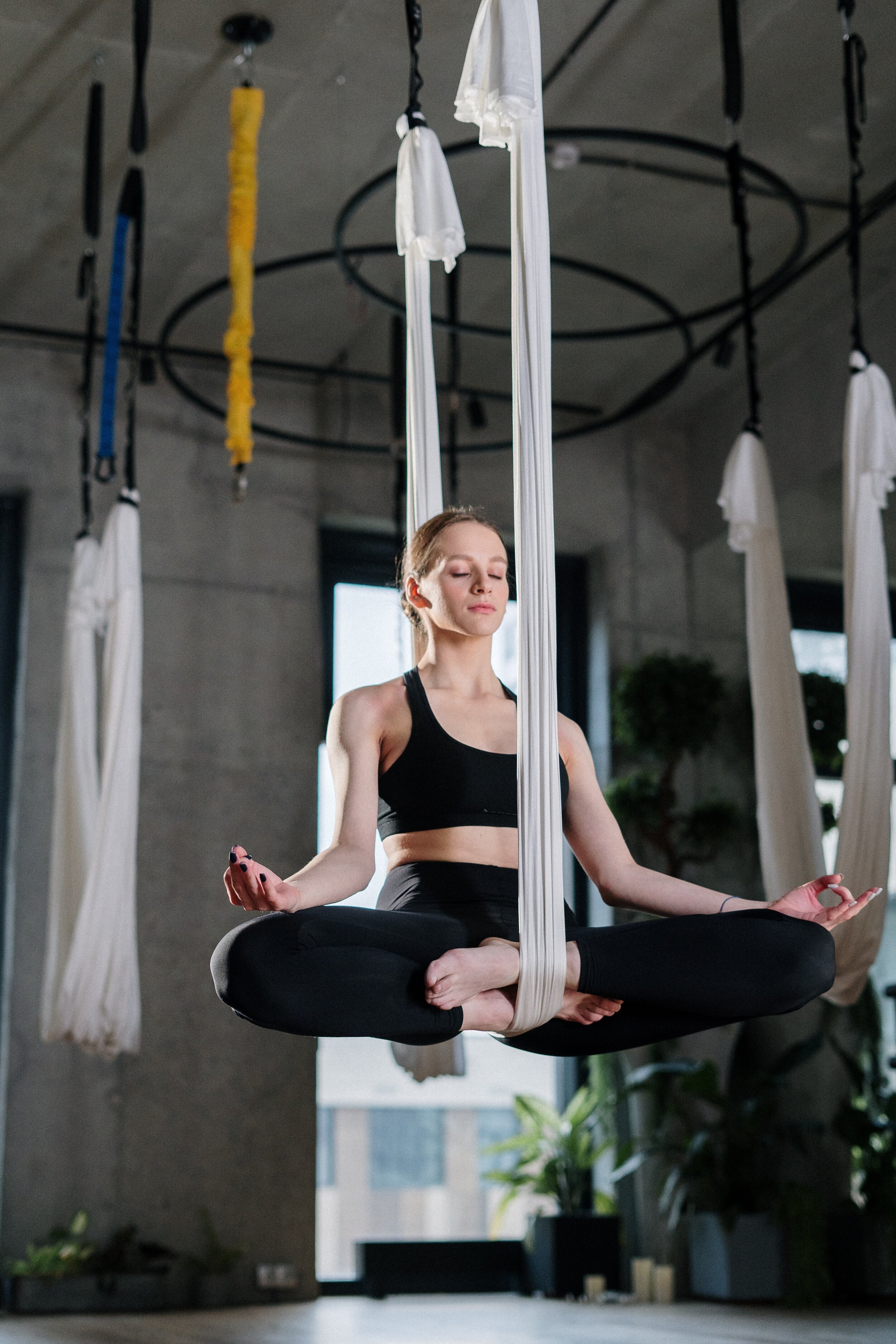Sleeping Tips for Computer Users
Do you know the most OP strat in gaming right now? It’s this concept of getting 7-9 hours of sleep. It seems crazy, I know but hear me out when I say that it will improve every facet of your life.
The goal for this article is to focus on issues I commonly see with gaming clients, share strategies that work, sprinkle in studies, and bring in a board-certified sleep expert.
Throughout the article, you’ll notice quotes from an interview I had with a sleep expert based here in Cleveland, OH. Dr. Vidya Krishnan is a sleep physician at MetroHealth Medical Center.
Sleep Distractions
In the modern world, we struggle when it comes to sleep. Whether it is falling asleep, staying asleep, or meeting the required amounts, this is primarily due to the numerous distractions we have throughout our day.
Of course, there are medical conditions that are out of our control, according to Dr. Krishnan.
Many medical conditions are known to be associated with sleep disorders that deserve screening with a sleep study– like heart failure, heart rhythm problems, severe high blood pressure, lung disease, and stroke.
I see the full range of patients with any sleep disorder, including:
sleep breathing disorders (sleep apnea)
circadian rhythm disorders (body timing issues with sleep, like with sleeping late/waking up late, shift work problems, or traveling across time zones)
movement disorders (like restless legs syndrome, sleepwalking)
insomnia (trouble falling asleep, staying asleep, waking up early, not feeling refreshed after sleeping)
extreme sleepiness (like narcolepsy)
Ideally, we see that 7-9 hours is best for most of us, with a few exceptions, according to Dr. Vidya.
The best evidence is that adults above the age of 18 years should get 7-8 hours of sleep each night. Less (or more) sleep is associated with bad outcomes, physically and psychologically.
Children and anyone < 18 years old need more sleep.
Caffeine
Caffeine is the drug that runs the world one cup at a time. In the past, gaming has been overloaded with caffeine-laden drinks of all types of liquids, powders, and gummies. In moderation, they act as a concentration and energy boost, but in excess, they can wreak havoc on your sleep.
Caffeine blocks our brain from receiving the message, “Hey, you’re tired. It’s sleep time.” Therefore we stay awake and alert in whatever task we’re currently working on.
This sensation of being in the zone can also cause you to have the “just one more game” mentality, which leads to two, then to three, and before you know it, three more hours fly by. So not only can caffeine prevent the feeling of being tired, but also snowball us into staying up much longer due to the alertness enhancement.
Once again, caffeine in moderation is great, but it needs to be in moderation.
The second major factor is the timing of your caffeine intake. If you’re rippin’ Red Bulls at 6 pm and wondering why you can’t fall asleep at 11, you have your answer in the above.
Caffeine needs time to be broken down by our bodies. Even small amounts can affect our ability to sleep and stay asleep.
Ideally, you would have 1-2 servings of caffeine a day in the form of coffee, teas, or even tablet form caffeine. This consumption would cease after 2 or 3 pm for your body to fully process the drug out of your system.
Alcohol
There’s a common misconception that alcohol is a sleep aid, when in fact, it hinders our ability to get quality sleep. Initially, it may feel as though it helps us fall asleep quicker, but we tend to wake up more throughout the night (even if we don’t remember the wake periods).
Waking up numerous times throughout the night causes our sleep to become fragmented. Often, we are unaware of the frequent wake-ups, but our mind knows damn well. Broken sleep isn’t restorative, energizing, nor does it provide the appropriate mental resets that we need while we sleep.
Alcohol also inhibits our REM sleep significantly while we sleep. REM sleep is the stage of sleep when dreams occur. REM sleep allows our brain to make sense of all the “stuff” we learned throughout the day and provides connections between those experiences. Think of REM sleep as your brain making sense of the world.
Blue Light Exposure/Timing
Blue light gets a lot of hate as of late (ya it rhymes, and I planned it). The steady increase of technology and screens into our lives has brought blue light to the forefront of discussions. Dr. Vidya has continued to see a growing correlation between tech and sleep:
Absolutely. Over the 10+ years I’ve been a physician (I won’t age myself!), I’ve seen the evolution of technology – from TV’s, to computer screens, to social networking apps and streaming TV shows/videos services to smartphones – cause great advances in our social connectedness, but also trouble with sleep.
The light from the TVs and smartphones keep people awake when they should be sleeping.
Unlimited access to social networking apps has been associated with depression – which can affect sleep.
Some of us have this urge to play one more game, check email one more time, watch one more show – it doesn’t let us wind down our mind to let us sleep.
But blue light occurs naturally in our lives from this thing called “The Sun.” The early morning/afternoon blue light from the sun energizes us and keeps us alert.
As the day progresses, it gradually shifts to a red light spectrum, which tells our brain that it’s time to power down. However, our screens’ blue light signals the brain to continue to be alert even late into the night. This is why the blue light redlight debate should be focused more on the timing of the exposure rather than the type of light.
I’m a big fan of reading before bed to begin the process of falling asleep. When I do so, I either read from a paper book with a soft yellow light or on my iPad with the brightness turned down and red light shift enable.
Here are some more tips to combat late-night blue light:
Take breaks from the grind and limit screen time.
Use blue light filtering lenses or glasses. Most eyewear companies now have the option for them.
Using the redshift control or temperature control on your device (it’s in the settings and usually under brightness)
Limit blue light exposure an hour before bed, whether it’s TV, phone, gaming, etc. Or take a page from Dr. Vidya:
The easiest answer is to not allow these “screens” in the bedroom – keep the TV, the computer, the phone out of the bedroom, and keep the bedroom a quiet space to wind-down.
Use smart lighting, which works with the natural day and light cycles. Smart lighting is a must for gamers who like to play in a dark room (like myself).
Use a soft light for ambient lighting while gaming in a dark room. This will benefit your eye health tremendously
Increasing your outdoor light exposure during the day allowing you to sleep better at night.
Get a routine
Your brain loves routines and patterns (except those magic eye pictures which I can never see the dang sailboat). These routines allow us to be efficient and prep for the upcoming activities of the day. Dr. Vidya emphasizes routines here:
Our bodies are wired to only sleep when we are ready to sleep. If we’re doing something “activating” – almost but not quite getting to the next level of a game, watching a scary movie, exercising close to bedtime – our minds and bodies are not ready to sleep.
Good sleep requires conditions – like, a quiet mind, a quiet, comfortable, safe environment – to happen.
Sleep is no different than any other activity throughout our day. We need our brains to begin the process winding down for the day and get into “sleep mode.”
A good tip for starting your routine is setting an alarm to go to bed. Yes, you read that right. We are signaling our brain to start the routine and holding ourselves accountable to our sleep routine.
Your routine can be whatever you like and make it tailored to you. My routine typically involves brushing my teeth, changing, drinking some water, charging my phone (put it on DO NOT DISTURB) and finally reading.
Through every activity, my brain is saying,
“Alright, it’s sleep time.
Ok, we did this now we know it’s closer to sleep time.
Alright, we’re reading, so he is not lasting much longer.
Sleep mode engaged.”
Wrap Up
Sleep isn’t easy I know. I’ve struggled with it from time to time, but there are actionable solutions you can take today. As we know, sleep is crucial for optimal performance in gaming and work in general.
Lack of quality sleep affects our mood, decision-making, energy level, and all other aspects of our life. Invest in quality sleep products whether it’s a pillow, mattress, or sheets.
If you’re struggling with obtaining quality sleep, do your own research and if necessary, reach out to an expert.










